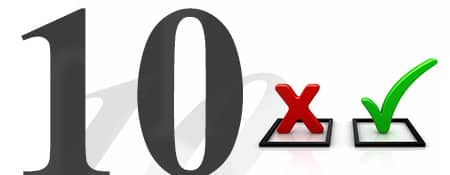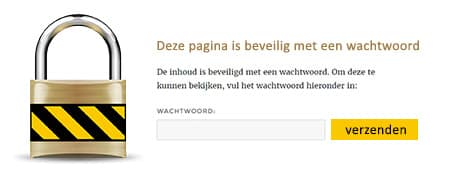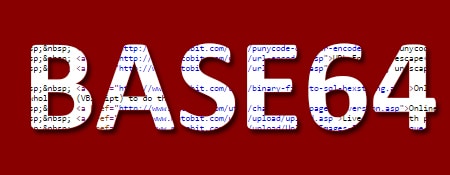
- 1. My password is unique, so nobody can guess it.
- 2. Frequent updates will keep my website secure.
- 3. My competitor hacked my website.
- 4. My security plugin protects my website.
- 5. My hosting provider will notify me if there’s a problem.
- 6. Other CMS systems are more secure.
- 7. A more expensive hosting provider guarantees better security.
- 8. Securing a WordPress website is easy after reading a few articles.
- 9. Once secured, always secure.
- 10. I can tell if my website is hacked.
These are some of the most common misconceptions about WordPress security that need to be addressed to stay a step ahead of hackers:
1. My password is unique, so nobody can guess it.
Unfortunately, hacking scripts use dictionary words and variations with numbers and characters to guess passwords, making even creative ones like “Stroopwafel” vulnerable.
2. Frequent updates will keep my website secure.
While updating WordPress regularly is crucial, security vulnerabilities can also exist in plugins, themes, and server settings. Immediate updates might cause conflicts, leading to errors on your website.
3. My competitor hacked my website.
In most cases, hacking scripts are responsible for around 90% of website hacks. These scripts test thousands of websites for vulnerabilities, spreading to new ones upon success.
4. My security plugin protects my website.
Hackers can bypass login panels and gain access to your website through server file vulnerabilities, making security plugins alone insufficient.
5. My hosting provider will notify me if there’s a problem.
When a website is hacked, it can be taken offline immediately to prevent server overload, spamming, and slow performance. Hosting providers may inform you afterward, but by then, your website could already be down.
6. Other CMS systems are more secure.
Other CMS systems may seem less targeted due to lower popularity, but they also face security vulnerabilities.
7. A more expensive hosting provider guarantees better security.
The cost of hosting doesn’t necessarily guarantee expertise in securing specific systems like WordPress.
8. Securing a WordPress website is easy after reading a few articles.
It takes months to learn all the tricks used by hackers, and continuous updates are required as new hacks emerge.
9. Once secured, always secure.
Security measures can protect your website from numerous hacks, but new vulnerabilities may be discovered in the future.
10. I can tell if my website is hacked.
Many hacking scripts operate in the background and can hide their presence. Website defacement or signs of hacking may not always be visible to website owners. Using a malware scanner like Sucuri can help effectively detect malware on your website.
Remember, securing a WordPress website requires continuous vigilance, staying informed about the latest threats, and using reliable security tools. Regular updates, strong passwords, security plugins, and professional support can go a long way in protecting your website from potential threats.



